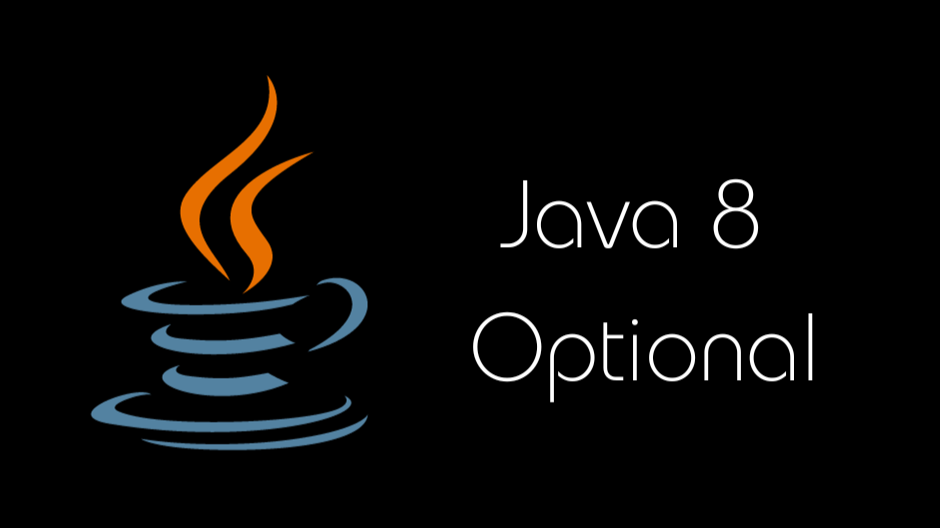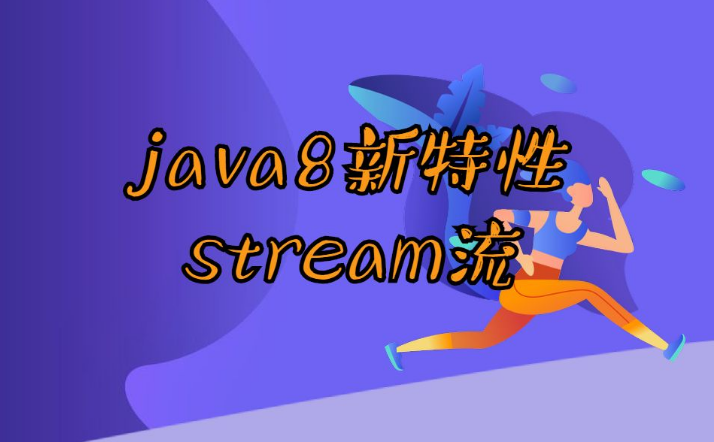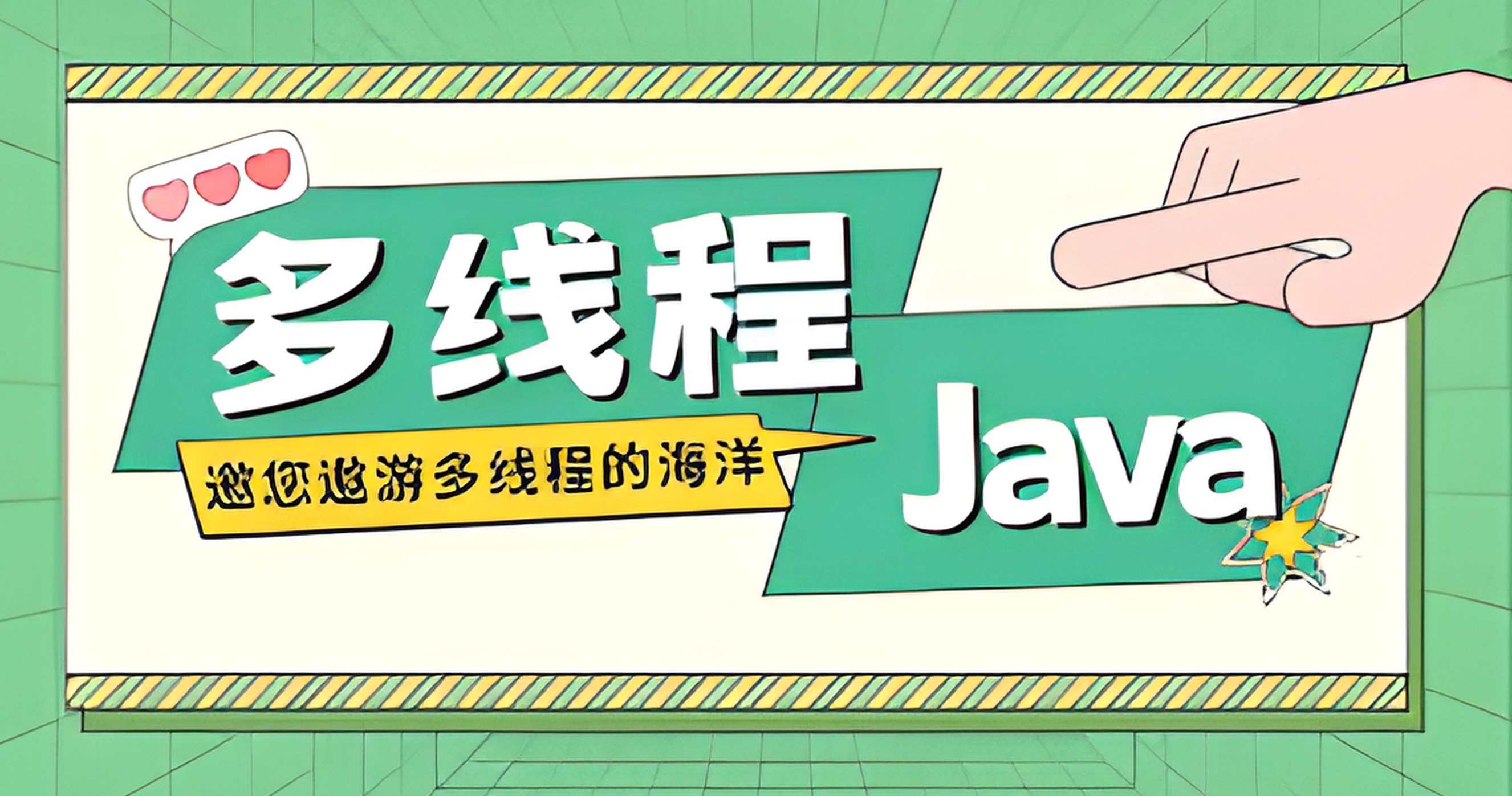函数式接口
特点:有且仅有一个抽象方法的接口
检测是否为函数式接口:@FunctionalInterface,放在接口定义的上方,如果接口是函数式接口,编译通过,不是则编译失败
@FunctionalInterface是可选的,只要保证满足函数式接口定义的条件,也是函数式接口
1
2
3
4
| @FunctionalInterface
public interface MyInter {
void show();
}
|
- 如果方法的参数是一个函数式接口,可以使用Lambda表达式作为参数传递
1
2
3
4
5
6
7
8
9
10
11
12
13
| public static void main(String[] args) {
startThread(new Runnable() {
@Override
public void run() {
System.out.println(Thread.currentThread().getName()+"启动");
}
});
startThread(()-> System.out.println(Thread.currentThread().getName()+"启动"));
}
private static void startThread(Runnable r){
new Thread(r).start();
}
|
- 如果方法的返回值是一个函数式接口,可以使用Lambda表达式作为结果返回
1
2
3
4
5
6
7
8
9
10
11
12
13
14
15
16
17
18
19
20
21
22
23
24
25
| public static void main(String[] args) {
ArrayList<String>arrayList=new ArrayList<String>();
arrayList.add("das");
arrayList.add("fdfs");
arrayList.add("vcxvv");
Collections.sort(arrayList,getComparator());
System.out.println(arrayList);
}
private static Comparator<String> getComparator(){
return (s1,s2)-> s1.length()-s2.length();
}
|
Comparator(比较器)
1
2
3
4
| @FunctionalInterface
public interface Comparator<T> {
int compare(T o1, T o2);
}
|
1
2
3
4
5
| Comparator<Person> comparator = (p1, p2) -> p1.firstName.compareTo(p2.firstName);
Person p1 = new Person("John", "Doe");
Person p2 = new Person("Alice", "Wonderland");
comparator.compare(p1, p2);
comparator.reversed().compare(p1, p2);
|
Supplier(供应)
1
2
3
4
5
| @FunctionalInterface
public interface Supplier<T> {
T get();
}
|
1
2
3
4
5
6
7
8
9
10
11
12
13
14
| public static void main(String[] args) {
String s = getString(() -> "da");
System.out.println(s);
Integer integer = getInteger(() -> 123);
System.out.println(integer);
}
private static String getString(Supplier<String> supplier) {
return supplier.get();
}
private static Integer getInteger(Supplier<Integer> supplier) {
return supplier.get();
}
|
Consumer(消费)
1
2
3
4
5
6
7
8
9
10
11
| @FunctionalInterface
public interface Consumer<T> {
void accept(T t);
default Consumer<T> andThen(Consumer<? super T> after) {
Objects.requireNonNull(after);
return (T t) -> { accept(t); after.accept(t); };
}
}
|
1
2
3
4
5
6
7
8
9
10
11
12
13
14
15
16
17
| public static void main(String[] args) {
operatorString("da", s-> System.out.println(s));
operatorString("da", System.out::println);
System.out.println("-----------------------");
operatorString("da", s-> System.out.println(s), s-> System.out.println(new StringBuilder(s).reverse().toString()));
}
private static void operatorString(String s, Consumer<String>consumer) {
consumer.accept(s);
}
private static void operatorString(String s, Consumer<String>consumer, Consumer<String>consumer1) {
consumer.andThen(consumer1).accept(s);
}
|
Predicate(断言)
1
2
3
4
5
6
7
8
9
10
11
12
13
14
15
16
17
18
19
20
21
22
23
24
25
26
27
28
| @FunctionalInterface
public interface Predicate<T> {
boolean test(T t);
default Predicate<T> and(Predicate<? super T> other) {
Objects.requireNonNull(other);
return (t) -> test(t) && other.test(t);
}
default Predicate<T> negate() {
return (t) -> !test(t);
}
default Predicate<T> or(Predicate<? super T> other) {
Objects.requireNonNull(other);
return (t) -> test(t) || other.test(t);
}
static <T> Predicate<T> isEqual(Object targetRef) {
return (null == targetRef)
? Objects::isNull
: object -> targetRef.equals(object);
}
}
|
1
2
3
4
5
6
7
8
9
10
11
12
13
14
15
16
17
18
19
| public static void main(String[] args) {
boolean cxz = checkString("cxz", s -> s.length() > 8);
System.out.println(cxz);
boolean ccxz = checkString("ccxz", s -> s.length() > 3, s -> s.length() < 11);
System.out.println(ccxz);
}
private static boolean checkString(String s, Predicate<String>predicate){
return predicate.negate().test(s);
}
private static boolean checkString(String s, Predicate<String> predicate, Predicate<String> predicate1){
return predicate.or(predicate1).test(s);
}
|
Function(功能)
1
2
3
4
5
6
7
8
9
10
11
12
13
14
15
16
17
18
| @FunctionalInterface
public interface Function<T, R> {
R apply(T t);
default <V> Function<V, R> compose(Function<? super V, ? extends T> before) {
Objects.requireNonNull(before);
return (V v) -> apply(before.apply(v));
}
default <V> Function<T, V> andThen(Function<? super R, ? extends V> after) {
Objects.requireNonNull(after);
return (T t) -> after.apply(apply(t));
}
static <T> Function<T, T> identity() {
return t -> t;
}
}
|
1
2
3
4
5
6
7
8
9
10
11
12
13
14
15
16
17
18
19
20
21
22
23
24
25
| public static void main(String[] args) {
convert("100", s-> Integer.parseInt(s));
convert("100", Integer::parseInt);
convert(100, i-> String.valueOf(i+100));
convert("100", s-> Integer.parseInt(s), s-> String.valueOf(s+100));
}
private static void convert(String s, Function<String,Integer> function) {
Integer apply = function.apply(s);
System.out.println(apply);
}
private static void convert(int i, Function<Integer,String> function) {
String apply = function.apply(i);
System.out.println(apply);
}
private static void convert(String s, Function<String,Integer> function, Function<Integer,String> function1) {
String apply = function.andThen(function1).apply(s);
System.out.println(apply);
}
|








